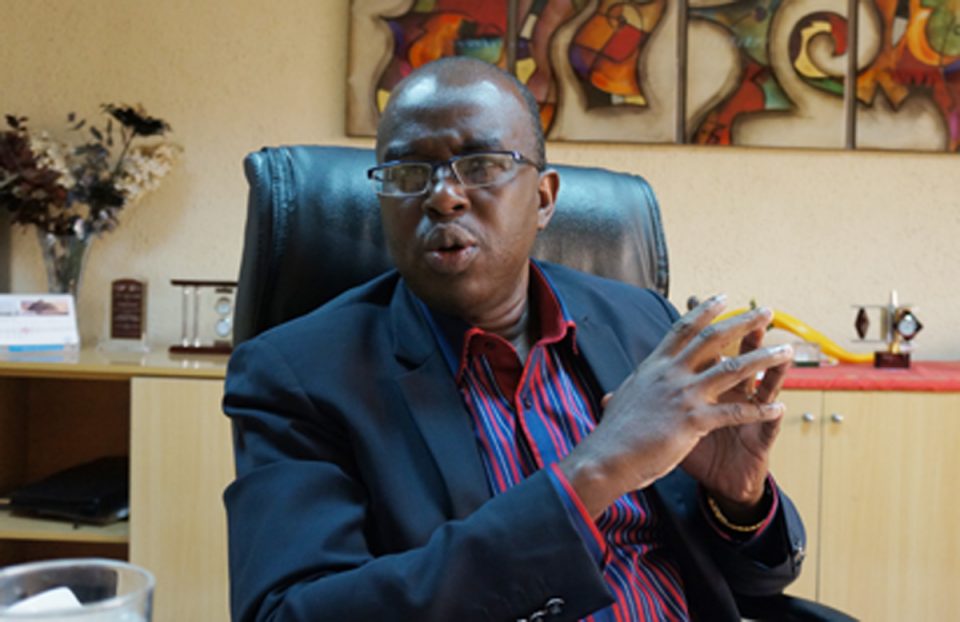Nigeria Employers Consultative Association, NECA, has decried increasing inflation rate in the country, contending that the recent developments in 2020 suggests that the policy options provided by the Central Bank of Nigeria, CBN, in taming inflation need critical review.
Director General of NECA, Dr Timothy Olawale, in a statement yesterday, among others, said “The rising trend of inflation rate in the past 10 months calls for concern. The rise from 13.71% in September, 2020 to 14.23% in October, 2020 suggests that the policy options provided by the Central Bank of Nigeria (CBN) in taming the gory head of inflation need critical review.
“It is instructive to note that the persistent increase in food prices, caused by border closures, restrictions in FX market and insecurity predominantly in the Northern states has further heightened the situation. Since the deregulation of petrol prices, the country has witnessed petrol increase by almost 30% in the last 4 months, which suggests a continuous increase in transport cost.
“Sadly, Nigerians are now been battered on two fronts: high transport cost and high inflation.
“To mitigate these challenges, we suggest that the Federal Government should roll-out more direct fiscal interventions to aid domestic production, has been done in the agricultural sector. These interventions should be extended to the mining, manufacturing and other high job creating sectors.
“It is also important to support the Transportation sector, most especially the Public Transport (massive transit buses), by reducing the duties/taxes on cost of vehicle import, which is currently about 70% for fully-built vehicle units. If import duty waiver/reduction is applied to the Public Transport sector, this will surely go a long way in reducing cost of public transportation.
“While we applaud the various Intervention programmes of the Central Bank of Nigeria (CBN) during the COVID-19 pandemic, the apex bank should complement its efforts by synergizing its policies alongside the fiscal authorities in bringing needed growth and development into the economy. We urge, as a matter of urgency that concerted efforts should be made across-board to create an environment will not only attract foreign direct investment, but that will also enable current investors to remain sustainable as a way out of the challenges of a mono-foreign exchange economy.”




